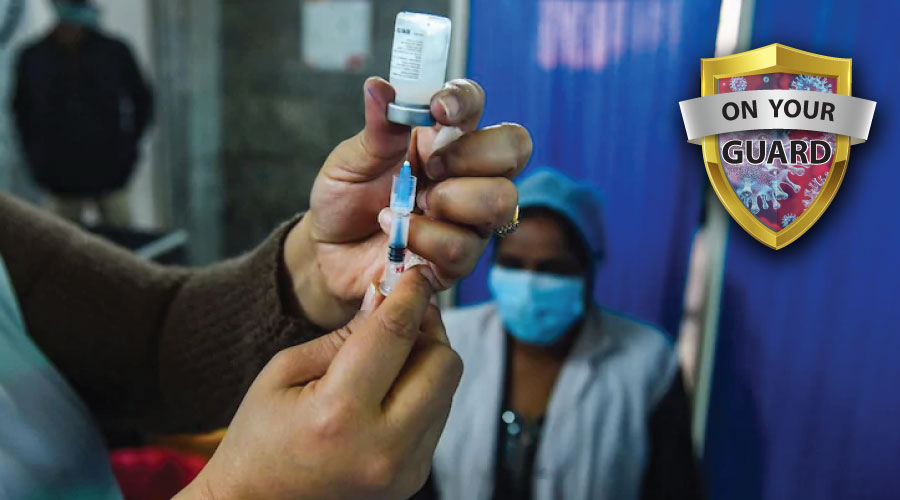The general consensus on this is that it is appropriate to delay your second dose. Dr Samiran Panda, head of epidemiology and communicable diseases division, ICMR, New Delhi, says that the second dose can be taken two to four weeks after you are free of all symptoms of Covid-19.
“Natural infection provides some protection - for a few months,” notes Dr Chandrakant Lahariya, vaccinologist and epidemiologist. “If a person has already received one shot within a month, then the natural infection becomes some sort of a booster infection. Given the operational challenges, delaying the second shot can be done fairly confidently. However, the decision should be left to the people if they still want to get it, it is up to them.”
In case of Covaxin, the two doses are to be taken four weeks apart. And in case of Covishield the second dose is to be taken between six to eight weeks of the first dose.
T. Jacob John, renowned virologist, formerly with Christian Medical College, Vellore, points to the evolving Centers for Disease Control guidelines on this. “Originally CDC came up with a three-month gap, and later changed it to a one-month gap, and finally, we have, I think, an advisory to take it any time after full recovery, or after the person becomes completely asymptomatic.”
Dr Panda also notes that in general, if someone who has had Covid, then he/she should ideally start his/her vaccine regimen between one to three months of resolution of all symptoms of SARS-CoV-2, the virus that causes Covid-19.
The Union health ministry advisory talks of deferring the second dose for those who get Covid after the first jab to minimise the risk of spreading the virus to others at an immunisation site. “For this reason, individuals with COVID-19 confirmation or waiting for test results should defer vaccination for at least 14 days after symptoms’ resolution and they should inform the same to local functionaries of the health system,” it says in a digital guide for eligible beneficiaries.
PS: The recommendations in this column (source: Union ministry of health and family welfare, CDC, WHO) are intended as general advisories. For specific concerns, especially for those with comorbidities, it is advisable to consult your family physician.











